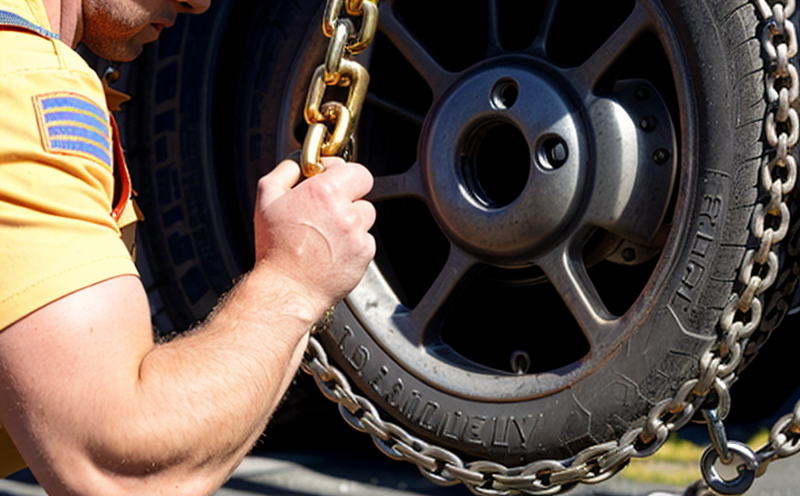Chain sling inspection
In the realm of lifting equipment and cranes, chains used as slings play a critical role in ensuring safe operations. Chains are subject to daily stresses and strains that can lead to fatigue, wear, and eventual failure if not inspected properly. Regular inspections using advanced techniques ensure that these components remain reliable and compliant with international standards.
The European Union (EU) has stringent regulations regarding the inspection of lifting equipment slings, including chains. The Provisions for the inspection of lifting equipment (Directive 2014/69/EU) mandates that all slings used in lifting operations are inspected regularly to ensure they meet safety standards. This directive applies not only to manufacturing and usage within EU member states but also to any organization operating under these regulations.
The inspection of chains as slings is typically performed using visual inspection methods supplemented by ultrasonic testing (UT) or magnetic particle inspection (MPI). Visual inspections help identify visible damage such as cracks, corrosion, and wear. Ultrasonic testing measures the thickness of the chain links to ensure they have not thinned beyond acceptable limits due to wear. Magnetic particle inspection detects minute surface flaws that may be invisible to the naked eye.
The primary goal of a chain sling inspection is to identify any potential weaknesses or failures before they lead to catastrophic failure, which can result in severe injuries and property damage. By adhering to these stringent inspections, organizations not only meet regulatory requirements but also enhance their safety culture by prioritizing worker protection and equipment reliability.
The ISO 17422:2018 standard provides comprehensive guidance on the inspection of lifting slings, including chain slings. This international standard outlines specific procedures for visual inspections, ultrasonic testing, and magnetic particle inspection to ensure that all slings are up to the highest safety standards.
In summary, regular inspections of chain slings are essential for maintaining safe operations in a wide range of industries where lifting equipment is used. By adhering to international standards and using advanced techniques such as ultrasonics and magnetism, organizations can ensure they meet regulatory requirements and maintain a culture of safety and reliability.
Benefits
- Enhanced Safety: Detects potential hazards before they cause accidents or injuries.
- Compliance: Ensures adherence to EU regulations and international standards like ISO 17422:2018.
- Risk Mitigation: Reduces the risk of equipment failure leading to costly downtime and repairs.
- Cost Efficiency: Prevents expensive replacements by identifying issues early in their lifecycle.
Industry Applications
| Industry | Description of Chain Sling Use |
|---|---|
| Mining Industry | Chain slings are used in the transport of heavy materials within mines. |
| Construction Sector | Slings are employed for lifting and positioning large construction components. |
| Retail Warehousing | Used for moving pallets and other heavy loads within warehouses. |
| Oil & Gas | Support equipment during drilling operations and pipeline installations. |
Eurolab Advantages
At Eurolab, we specialize in providing comprehensive chain sling inspections that go beyond the minimum requirements. Our team of experts ensures that all inspections are conducted using the latest technology and adhere strictly to international standards such as ISO 17422:2018.
State-of-the-Art Equipment: We utilize advanced ultrasonic testing machines and magnetic particle inspection tools for precise measurements and flaw detection.
Experienced Technicians: Our team is composed of certified inspectors who have years of experience in the field, ensuring accurate and reliable inspections.
Detailed Reporting: Comprehensive reports are provided after each inspection, highlighting any issues found and suggesting remedial actions where necessary.
Compliance Assurance: We ensure that all our practices comply with EU regulations and international standards to provide peace of mind for our clients.





